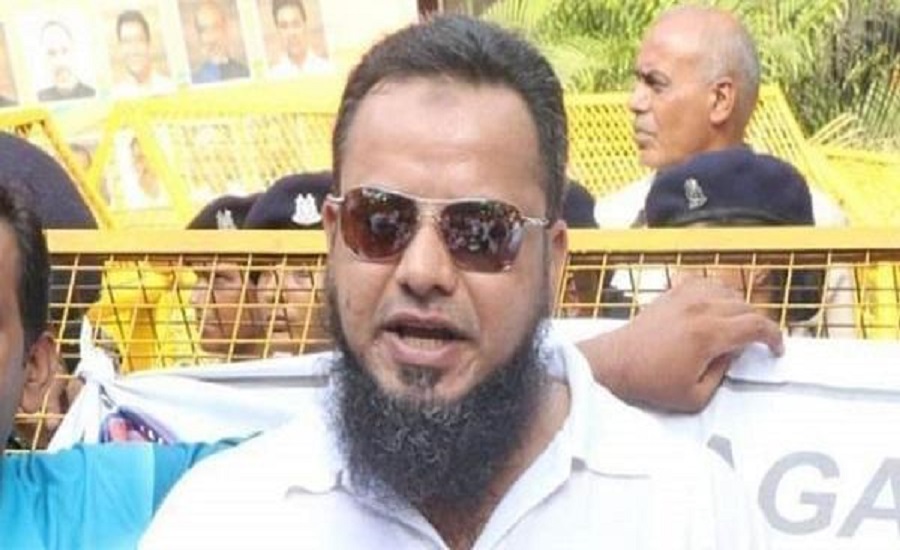
A Delhi court has granted activist Khalid Saifi a ten-day interim bail to care for his ailing 85-year-old mother, offering a rare humanitarian reprieve in the long-running Delhi riots conspiracy case. The order was passed by Additional Sessions Judge Sameer Bajpai at the Karkardooma Court on Monday, permitting Saifi to remain out of custody from 14 to 23 October.
The relief comes shortly after the Delhi High Court’s 2 September ruling, which dismissed the bail pleas of nine individuals charged under the Unlawful Activities (Prevention) Act (UAPA) in connection with the 2020 Delhi riots. Those denied bail included Umar Khalid, Sharjeel Imam, Athar Khan, Mohammad Saleem Khan, Shifa-ur-Rahman, Meeran Haider, Gulfisha Fatima, and Shadab Ahmad, alongside Saifi.
The accused, many of whom were active in protests against the Citizenship (Amendment) Act (CAA), have spent over five years in jail without conviction. A senior advocate associated with the case commented, “Given the prolonged incarceration, temporary bail on compassionate grounds is a minimal act of fairness.”
The February 2020 violence in North-East Delhi left over 50 people dead, the majority of them Muslims, and caused massive property destruction in Muslim-majority neighbourhoods. While the government maintains that activists conspired to incite unrest, families of the accused, activists, and human rights defenders insist that the charges are politically motivated and aimed to suppress the voice of dissent.
Speaking to reporters, a family member of Saifi said, “Khalid has always advocated for peace and communal harmony. His temporary release brings our family some relief after years of anguish.”
Legal experts and human rights defenders have applauded the decision, seeing it as a reminder that compassion and legality can coexist even in politically charged cases. Advocate Firdous Ahmed, a Delhi-based rights lawyer, said, “Khalid Saifi’s case typifies how Muslim activists are subjected to prolonged pre-trial detention under UAPA. This interim bail, though short, reaffirms the principle of human dignity.”
This story was originally published in muslimmirror.com. Read the full story here.






